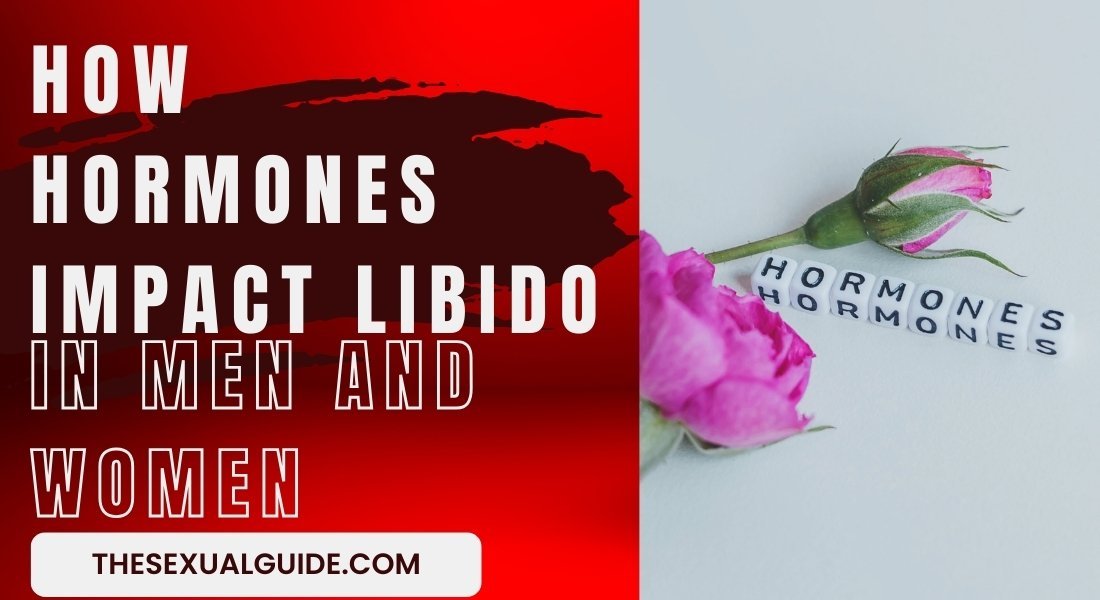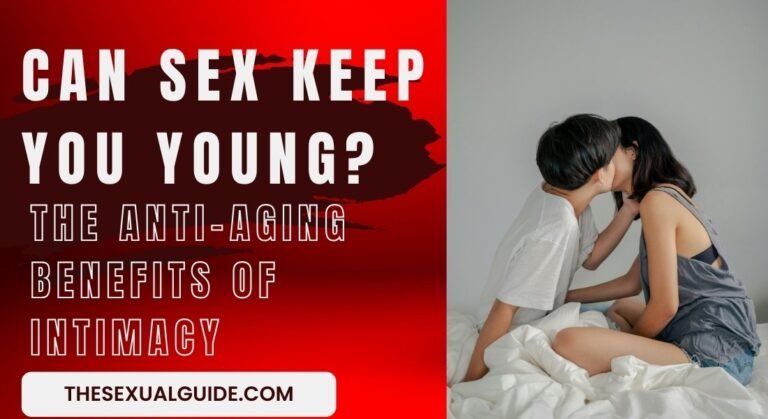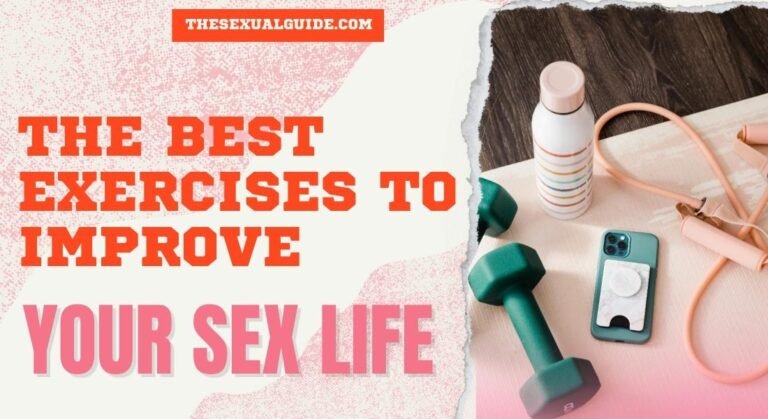Testosterone is an important part in regulating sexual desire, commonly referred to as libido, in both men and women.
Understanding how this hormone influences sex drive can give helpful ideas in sexual health and well-being.
How Testosterone Affects Sexual Desire
Testosterone is an androgen hormone predominantly produced in the testes in men and the ovaries and adrenal glands in women.
It is important for the development of male reproductive tissues and secondary sexual characteristics. In both sexes, testosterone strongly affects sexual desire.
Testosterone’s Influence on Male Libido
In men, testosterone is the main cause of sexual drive.
Research indicates that low testosterone levels can lead to a decrease in libido and may contribute to erectile dysfunction (ED).
A study published in the Journal of Clinical Endocrinology & Metabolism found that men with lower testosterone levels reported reduced sexual desire and activity.
Testosterone replacement therapy (TRT) has been shown to improve sexual desire in hypogonadal men those with clinically low testosterone levels.
A meta-analysis of randomized, placebo-controlled trials concluded that TRT significantly enhanced libido in men with low testosterone.
Testosterone’s Influence on Female Libido
While testosterone is often associated with male sexuality, it also plays an important part in female sexual health.
Women produce testosterone in smaller amounts, but it contributes to sexual desire and arousal.
According to the Mayo Clinic, testosterone therapy may boost sex drive in postmenopausal women experiencing low libido, though its long-term safety remains uncertain.
It’s important to note that the relationship between testosterone and female libido is complex.
Factors such as hormonal fluctuations during the menstrual cycle, menopause, and individual variability can influence sexual desire.
Hormonal Impact on Libido in Men and Women
Beyond testosterone, other hormones significantly affect sexual desire in both men and women.
Estrogen and Progesterone in Women
In women, estrogen and progesterone levels fluctuate throughout the menstrual cycle, influencing libido.
Many women experience heightened sexual desire during ovulation when estrogen levels peak.
Conversely, increased progesterone levels in the luteal phase (post-ovulation) are associated with reduced sexual interest.
Menopause brings a decline in estrogen levels, often leading to decreased libido and vaginal dryness, which can make sexual activity uncomfortable.
Hormone replacement therapies, including estrogen and testosterone, may help alleviate these symptoms, but they should be considered carefully due to potential risks.
Other Hormones Influencing Libido
- Oxytocin: Known as the “love hormone,” oxytocin is released during physical intimacy and can enhance feelings of bonding and sexual pleasure.
- Dopamine: This neurotransmitter plays a crucial role in the brain’s reward system and is linked to sexual arousal and desire.
- Serotonin: Higher levels of serotonin can inhibit sexual desire, which is why selective serotonin reuptake inhibitors (SSRIs), a class of antidepressants, often list decreased libido as a side effect.
Factors Affecting Testosterone Levels and Libido
Several factors can influence testosterone levels and, consequently, libido in both men and women:
- Age: Testosterone levels naturally decline with age, leading to reduced sexual desire.
- Stress: Chronic stress elevates cortisol levels, which can suppress testosterone production and diminish libido.
- Lifestyle Choices: Poor diet, lack of exercise, inadequate sleep, and substance abuse can negatively impact hormone levels and sexual desire.
- Medical Conditions: Conditions such as obesity, diabetes, and hypertension are linked to lower testosterone levels and decreased libido.
Addressing Low Libido
If you’re experiencing a decrease in sexual desire, consider the following steps:
- Consult a Healthcare Provider: A medical professional can assess hormone levels and overall health to identify underlying causes.
- Lifestyle Modifications: Regular exercise, a balanced diet, adequate sleep, and stress management can naturally boost testosterone levels and improve libido.
- Medical Treatments: For some, hormone replacement therapy or other medical interventions may be appropriate. It’s essential to discuss the benefits and risks with a healthcare provider.
For men experiencing erectile dysfunction, solutions are available to help restore sexual function and confidence.
Conclusion
Testosterone significantly influences sexual desire in both men and women, but it’s not the sole factor.
A complex interplay of hormones, individual health, and lifestyle choices collectively impact libido.
Understanding these relationships can empower individuals to make informed decisions about their sexual health.
If you’re concerned about your libido or suspect hormonal imbalances, it’s crucial to consult with a healthcare provider for personalized advice and treatment options.
Want to learn more? Visit LibidoDepot for trusted solutions.
FAQs: How Hormones Impact Libido in Men and Women
1. Which hormones are most responsible for influencing libido?
Testosterone plays a major role in libido for both men and women. Other key hormones include estrogen, progesterone, dopamine, and oxytocin, all of which can influence sexual desire, mood, and arousal levels.
2. How does low testosterone affect sex drive in men and women?
In men, low testosterone is strongly associated with reduced libido, erectile issues, and decreased sexual satisfaction. In women, low testosterone may lead to diminished sexual desire and reduced arousal, especially post-menopause.
3. Can hormonal imbalances lead to changes in sexual desire?
Yes, hormonal imbalances, such as thyroid dysfunction, menopause, or elevated cortisol from chronic stress, can disrupt libido by affecting energy levels, mood, and hormone regulation.
4. Can hormone therapy help restore libido?
In many cases, yes. Hormone replacement therapy (HRT) or testosterone therapy may help individuals with diagnosed hormonal deficiencies. However, treatment should be medically supervised to avoid risks and side effects.
References
- Testosterone Influences Libido and Well-being in Women
- Neural and Hormonal Control of Sexual Behavior
- Impact of Estrogens in Males and Androgens in Females
- Female Sex Hormones: Types, Roles, and Effect on Arousal
- Hormones and Desire
- Libido






